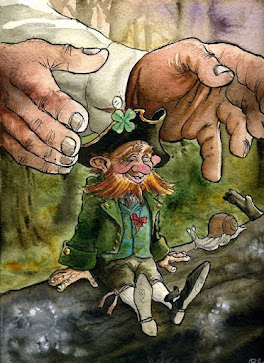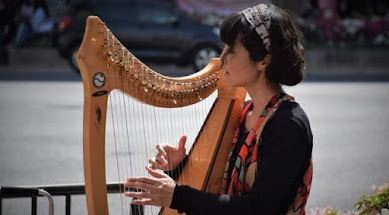The influence of Irish immigration on Saint Patrick's Day
The holiday known as Saint Patrick's Day, which is observed on March 17, honors Irish culture and tradition. With celebrations, parades, and festivals held in places all over the world, it has evolved into a worldwide holiday. Although the celebration's origins are in Ireland, Irish immigrants are responsible for spreading the holiday's customs to other nations, where they now have a distinct existence of their own.
Beginning in the middle of the 19th century, when Ireland was going through a period of political and economic upheaval, was the immigration of Irish people to the United States. In search of a better life, many Irish immigrants immigrated to the United States, bringing with them their traditions and customs, such as Saint Patrick's Day.
Irish soldiers serving in the British army arranged the first St. Patrick's Day parade in America, which took place in New York City in 1762. The holiday did not, however, become more commonly observed until the 19th century, when a considerable influx of Irish immigrants started to arrive in the United States.
The way Saint Patrick's Day is observed in the United States now shows the impact of Irish immigration on the event. People of different ethnicities attend parades in cities across the nation to honor their Irish heritage. The color green, which is associated with Saint Patrick and Ireland, is worn on this day, and many people also partake in traditional Irish cuisine.
Irish immigrants carried the customs of Saint Patrick's Day to other countries in addition to the United States, where it is celebrated. For instance, Saint Patrick's Day is a national holiday in Newfoundland and Labrador, Canada, where it is also observed with parades and festivities. Saint Patrick's Day is a well-liked occasion in Australia, when plenty of people take part in dancing and listening to traditional Irish music.
The way Saint Patrick's Day is observed in Ireland has been impacted by Irish immigration as well. Although the holiday has been observed for generations in Ireland, it wasn't recognized as a public holiday until the 20th century. Today, parades and festivals are held to mark the event, and people of all ages gather to celebrate.
In conclusion, it is impossible to overestimate the impact of Irish immigrants on Saint Patrick's Day. Irish emigrants brought their traditions and customs with them to other countries, where they have since taken hold and played a significant role in the development of many nations' cultures. Being a celebration of Irish heritage and culture, Saint Patrick's Day today serves as a reminder of the significant contribution Irish immigrants have made to shaping the world we live in.






Comments
Post a Comment